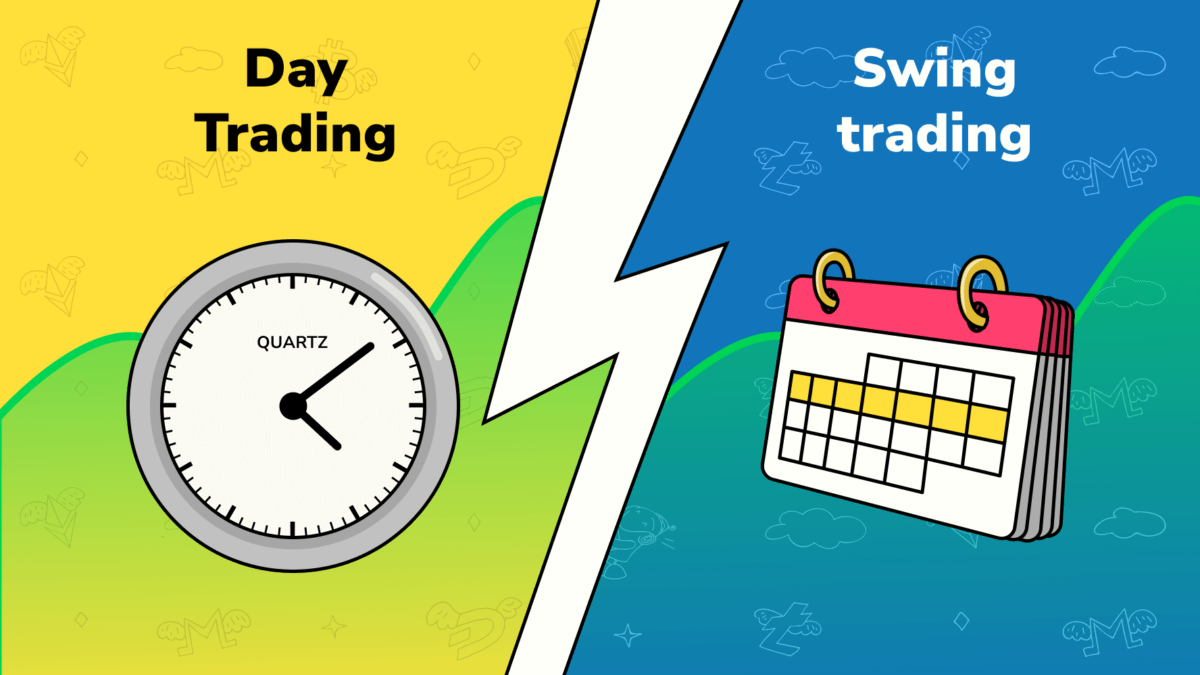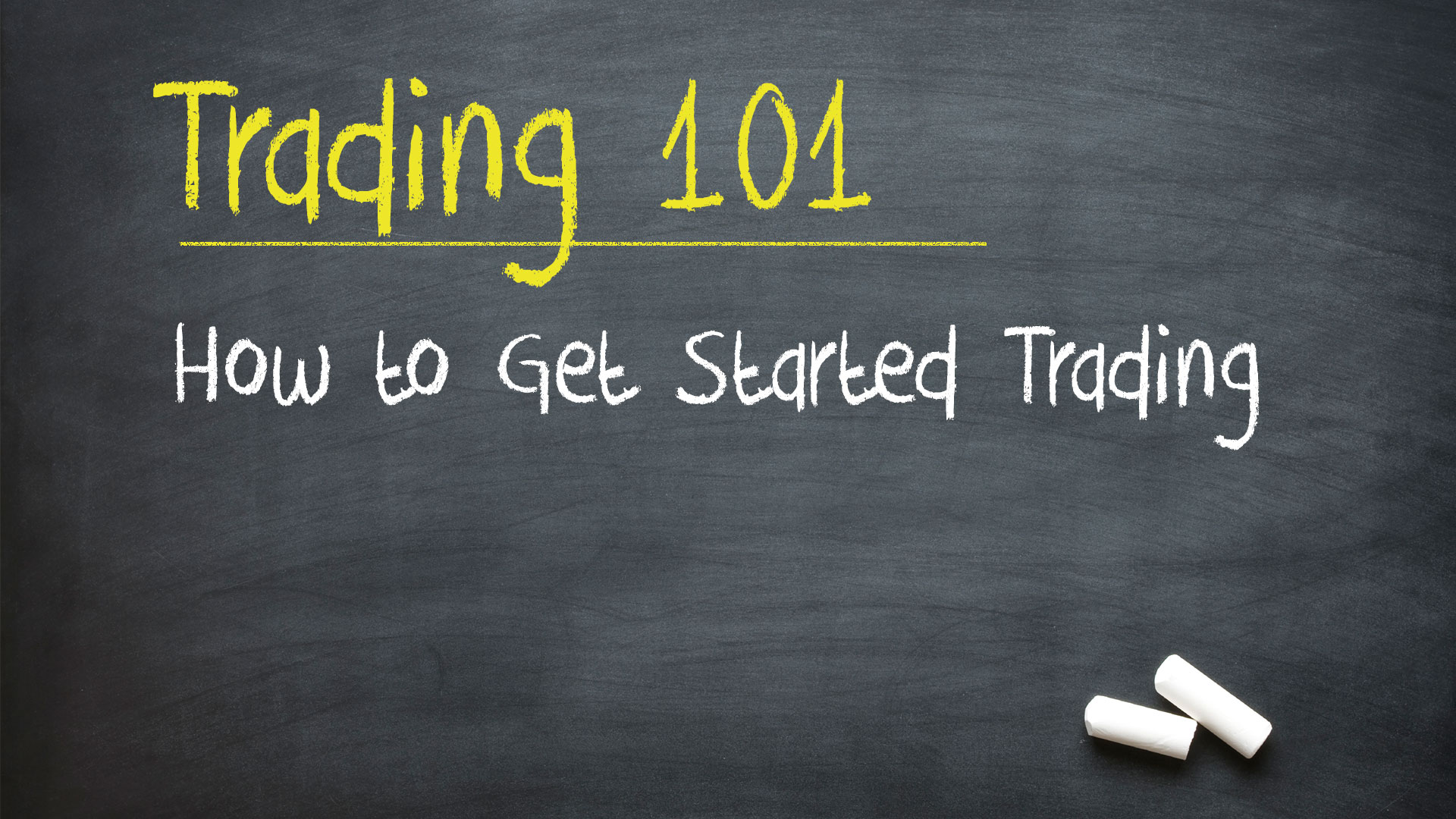Trading isn’t just about mastering charts and strategies—it’s also about managing your emotions. Fear and greed, the two most powerful emotions in trading, can lead to impulsive decisions, unnecessary risks, and significant losses. Mastering these emotions is key to becoming a successful trader. Here are five actionable tips to help you overcome fear and greed in trading.
1. Stick to a Well-Defined Trading Plan
A solid trading plan acts as your guide in the chaotic world of markets. It should include your:
- Entry and exit criteria
- Risk-to-reward ratio
- Position sizing rules
When you follow a plan, you reduce emotional decision-making. Fear arises when you’re unsure of your next move, and greed strikes when you try to chase profits. A structured plan keeps you focused and eliminates guesswork.
Tip: Write down your plan and review it before every trading session. Treat it as a rulebook you cannot deviate from.
2. Manage Risk Relentlessly
Fear often stems from the thought of losing too much money, while greed can push you to risk more than you should. Risk management is your best defense against both.
- Only risk a small percentage of your capital per trade (e.g., 1-2%).
- Use stop-loss orders to limit potential losses.
- Diversify your trades to avoid overexposure to a single asset.
When you know the worst-case scenario is manageable, you can trade with confidence rather than fear.
Tip: Before entering a trade, ask yourself: “Am I comfortable losing this amount if the trade goes against me?” If the answer is no, reduce your position size.
3. Cultivate a Long-Term Mindset
Greed often tempts traders to chase quick profits, leading to overtrading and impulsive decisions. To combat this, shift your focus to the bigger picture.
- Understand that consistent, small wins are better than sporadic big gains.
- Avoid revenge trading after a loss or over-leveraging to make up for lost time.
Trading is a marathon, not a sprint. Patience and discipline are your allies.
Tip: Set realistic monthly or quarterly goals rather than focusing on daily profits. This reduces the pressure to hit unrealistic targets and mitigates greed-driven behaviors.
4. Recognize and Manage Emotional Triggers
Fear and greed are often triggered by specific scenarios:
- Fear: Losing streaks, market volatility, or uncertainty.
- Greed: Sudden winning streaks, FOMO (Fear of Missing Out), or parabolic price movements.
Recognize these triggers and develop coping mechanisms. For instance, if fear arises during high volatility, reduce your position size or sit out until the market stabilizes. Similarly, when greed tempts you to overtrade, remind yourself of past mistakes made under similar circumstances.
Tip: Keep a trading journal to document your emotions and decisions. This helps you identify patterns and avoid repeating mistakes.
5. Practice Mindfulness and Emotional Disciplin
Mindfulness techniques can help you stay calm and focused during trading. Breathing exercises, meditation, and even short breaks during trading sessions can prevent emotional decisions.
- Take a break after a major win or loss. Emotional highs and lows cloud judgment.
- Stay detached from individual trades. Remember, no single trade defines your success.
Discipline is built over time through self-awareness and consistent practice.
Tip: Start your trading day with a few minutes of meditation or journaling. Reflect on your goals and mentally prepare for the session.
Final Thoughts
Fear and greed are natural emotions, but they don’t have to control your trading decisions. By following a trading plan, managing risk, and cultivating discipline, you can navigate the markets with confidence. Remember, the best traders aren’t emotionless—they’ve simply learned to channel their emotions productively.
Start implementing these tips today, and you’ll be one step closer to mastering the psychology of trading. Happy trading!




